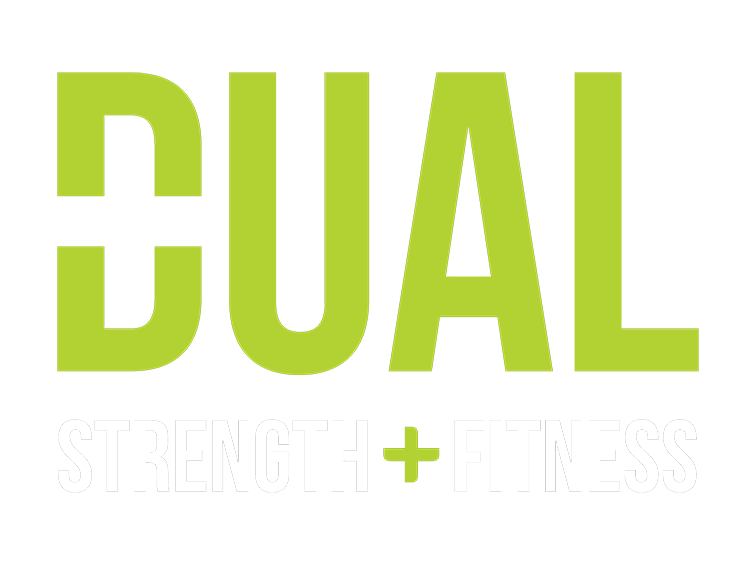The Benefits and Risks of Weight Training During Pregnancy
Pregnancy is a transformative journey for women, both physically and emotionally. While it's essential to prioritize safety and consult with a healthcare professional before starting any exercise regimen during pregnancy, weight training can offer numerous benefits for expectant mothers. In this blog, we'll explore the advantages and potential risks of weight training during each trimester of pregnancy, with a focus on how Dual Strength and Fitness can support you in this journey.
Benefits of Weight Training During Pregnancy:
First Trimester:
Improved Strength and Endurance: Dual Strength and Fitness understands the importance of building strength and endurance during pregnancy to prepare your body for the physical demands of childbirth.
Boosted Energy Levels: Regular exercise, including weight training at Dual Strength and Fitness, can combat early pregnancy fatigue and boost your energy levels.
Mood Enhancement: Exercise releases endorphins, which can alleviate mood swings and reduce stress during the initial stages of pregnancy. Connect with Dual Strength and Fitness on Facebook and Instagram for motivating fitness tips and updates.
Second Trimester:
Maintaining Muscle Mass: Dual Strength and Fitness offers expert guidance to help you maintain muscle mass and support proper posture, reducing the risk of common pregnancy-related discomforts.
Enhanced Cardiovascular Health: Weight training combined with cardiovascular exercise can improve your heart health, which is crucial during pregnancy. Visit the Dual Strength and Fitness website for more information on tailored fitness programs.
Gestational Diabetes Prevention: Some studies suggest that weight training may reduce the risk of gestational diabetes, a concern for pregnant women.
Third Trimester:
Pain Relief: Dual Strength and Fitness can guide you through exercises that alleviate back pain and discomfort associated with the third trimester by strengthening the core and back muscles.
Easier Labor: Improved strength and endurance, with the support of Dual Strength and Fitness trainers, can lead to a more efficient labor process, potentially reducing labor time.
Faster Postpartum Recovery: Women who continue weight training during pregnancy often experience a quicker recovery after childbirth, thanks to the expertise of Dual Strength and Fitness.
Risks and Precautions:
Consultation with Healthcare Provider: Before beginning or continuing any exercise program during pregnancy, consult your healthcare provider to ensure it's safe for you and your baby.
Avoid Overexertion: Pregnancy is not the time to set personal records or lift extremely heavy weights. Listen to your body and avoid overexertion.
Proper Form and Technique: Focus on proper form and technique with guidance from Dual Strength and Fitness to reduce the risk of injury.
Avoid Lying Flat on Your Back: After the first trimester, avoid exercises that require lying flat on your back to ensure the safety of you and your baby.
Stay Hydrated and Cool: Pregnancy increases your body temperature, so stay hydrated and avoid overheating during workouts.
Conclusion:
Weight training during pregnancy, when done safely and under the guidance of Dual Strength and Fitness and a healthcare provider, can offer a wide range of benefits for expectant mothers. These benefits extend throughout all three trimesters and can contribute to a healthier pregnancy, smoother labor, and faster postpartum recovery.
Always remember that every pregnancy is different, and what works for one woman may not work for another. The key is to prioritize your health and well-being, making informed choices that support you and your baby throughout this remarkable experience. For personalized fitness guidance and support, visit Dual Strength and Fitness or follow them on Facebook and Instagram.

